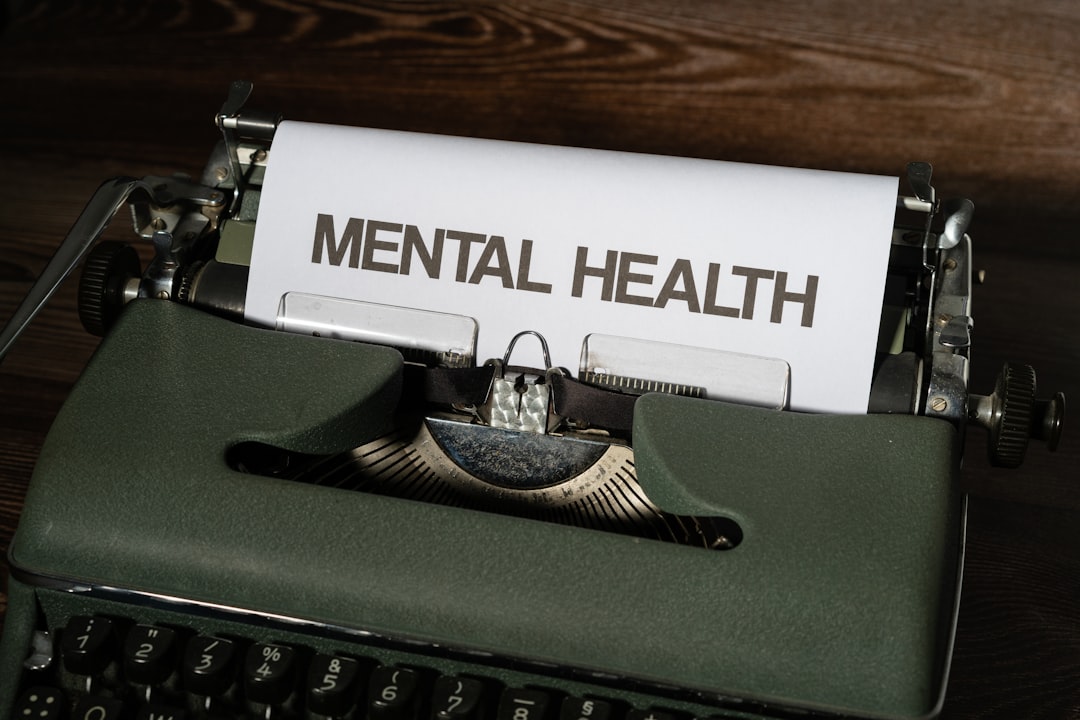
Building Resilience Through Supportive Online Communities Worldwide
In an increasingly interconnected world, online communities have become essential for fostering resilience in individuals facing health and wellness challenges. These platforms provide support, encouragement, and shared experiences that aid in building emotional strength and coping mechanisms. This guide explores the significance of supportive online communities, backed by research and best practices, while offering practical strategies for leveraging these networks to enhance resilience.
Understanding Resilience
Resilience is the ability to bounce back from adversity, trauma, or stress. It involves adapting well in the face of challenges, and it plays a crucial role in mental health. Research indicates that individuals with strong social connections are better equipped to deal with stress and recover from setbacks. This is where online communities come into play.
The Role of Online Communities in Building Resilience
Online communities can be vital in promoting mental and emotional health. They offer platforms where individuals can share their experiences, seek advice, and find comfort in knowing they are not alone. Here are some key benefits:
1. Emotional Support
Members of online communities often share similar struggles. This shared experience can provide emotional relief and validation, which are essential for resilience. Engaging with others who understand your journey fosters a sense of belonging and reduces feelings of isolation.
2. Access to Resources
Many online communities serve as hubs for valuable health information, including articles, research findings, and expert advice. Members can access resources on coping strategies, wellness practices, and nutritional tips that contribute to overall well-being.
3. Skill Development
Participating in discussions and workshops within these communities can help individuals develop essential life skills. From stress management techniques to communication skills, these tools can empower members to handle challenges more effectively.
Best Practices for Engaging with Online Communities
To maximize the benefits of online communities, consider the following best practices:
1. Choose Quality Platforms
Select communities that are reputable and moderated. Look for groups that prioritize mental health and wellness, and ensure they maintain a supportive and respectful environment.
2. Be Active and Engaged
Regular participation enhances the sense of community and allows you to build connections. Share your experiences, ask questions, and offer support to others. This reciprocity strengthens relationships and fosters resilience.
3. Set Boundaries
While engaging with online communities can be beneficial, it’s crucial to maintain a healthy balance. Limit your time spent online, especially if discussions become overwhelming or negative. Prioritize self-care and offline relationships.
Common Misconceptions
1. Online Support is Not as Effective as In-Person Support
While face-to-face interactions are valuable, research shows that online support can be just as effective, particularly for those who may feel isolated in their immediate environments. Online communities provide unique opportunities for connection that may not be available locally.
2. All Online Communities are Safe Spaces
Not all online communities prioritize safety and support. It’s essential to assess the culture of a community before becoming involved. Look for positive engagement, respect, and a focus on health and wellness topics.
Practical Strategies for Building Resilience
In addition to engaging with online communities, consider integrating these strategies into your daily routine:
1. Practice Mindfulness
Mindfulness techniques, such as meditation and deep breathing, can improve emotional regulation and build resilience. Incorporate mindfulness practices into your day to enhance your ability to cope with stress.
2. Stay Physically Active
Regular physical activity has been shown to improve mood and reduce anxiety. Find an exercise routine that you enjoy, whether it’s yoga, jogging, or dancing, and aim to incorporate it into your weekly schedule.
3. Maintain a Balanced Diet
Nutrition plays a vital role in mental health. Focus on a balanced diet rich in fruits, vegetables, whole grains, and lean proteins. This not only supports physical health but also contributes to emotional well-being.
Encouragement for Your Wellness Journey
Building resilience takes time and effort. It’s important to be patient with yourself as you navigate challenges. Engage with supportive online communities, embrace self-care practices, and remember that seeking help is a sign of strength.
Further Resources
To expand your understanding of resilience and online communities, consider exploring the following resources:
- The American Psychological Association: Building Resilience
- Mindfulness-Based Stress Reduction (MBSR) Programs
- Nutrition and Mental Health
Building resilience is a journey, and supportive online communities can be a valuable resource along the way. Engage actively, prioritize your mental health, and explore the wealth of information available to you. Remember, you are not alone in your journey towards wellness.


